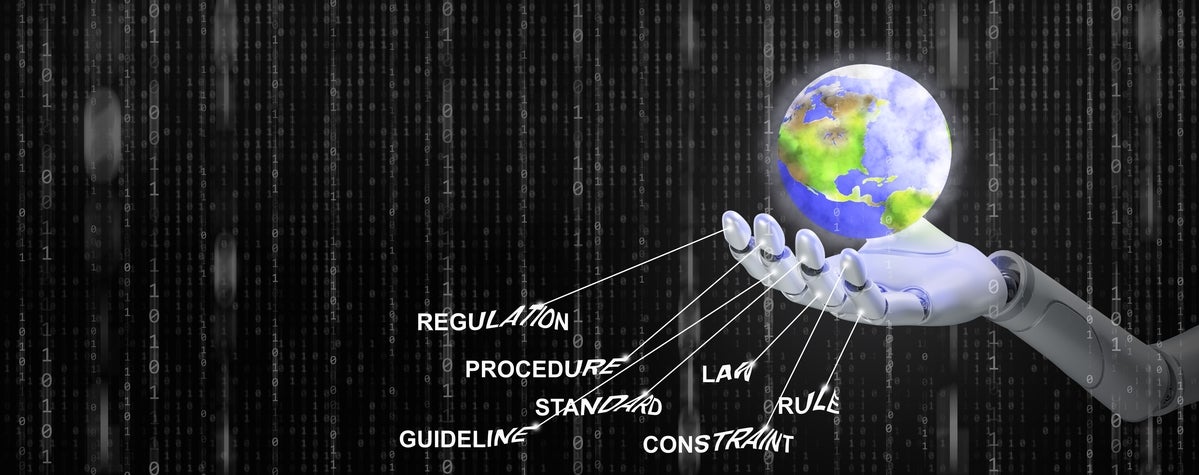In a sweeping executive order, US President Joseph R. Biden Jr. on Monday set up a comprehensive series of standards, safety and privacy protections, and oversight measures for the development and use of artificial intelligence (AI).
Among more than two dozen initiatives, Biden’s “Safe, Secure, and Trustworthy Artificial Intelligence” order was a long time coming, according to many observers who’ve been watching the AI space — especially with the rise of generative AI (genAI) in the past year.
Along with security and safety measures, Biden’s edict addresses Americans’ privacy and genAI problems revolving around bias and civil rights. GenAI-based automated hiring systems, for example, have been found to have baked-in biases they can give some job applicants advantages based on their race or gender.
Using existing guidance under the Defense Production Act, a Cold War–era law that gives the president significant emergency authority to control domestic industries, the order requires leading genAI developers to share safety test results and other information with the government. The National Institute of Standards and Technology (NIST) is to create standards to ensure AI tools are safe and secure before public release.
“The order underscores a much-needed shift in global attention toward regulating AI, especially after the generative AI boom we have all witnessed this year,” said Adnan Masood, chief AI architect at digital transformation services company UST. “The most salient aspect of this order is its clear acknowledgment that AI isn’t just another technological advancement; it’s a paradigm shift that can redefine societal norms.”
Recognizing the ramifications of unchecked AI is a start, Masood noted, but the details matter more.
“It’s a good first step, but we as AI practitioners are now tasked with the heavy lifting of filling in the intricate details. [It] requires developers to create standards, tools, and tests to help ensure that AI systems are safe and share the results of those tests with the public,” Masood said.
The order calls for the US government to establish an “advanced cybersecurity program” to develop AI tools to find and fix vulnerabilities in critical software. Additionally, the National Security Council must coordinate with the White House chief of staff to ensure the military and intelligence community uses AI safely and ethically in any mission.
And the US Department of Commerce was tasked with developing guidance for content authentication and watermarking to clearly label AI-generated content, a problem that’s quickly growing as genAI tools become proficient at mimicking art and other content. “Federal agencies will use these tools to make it easy for Americans to know that the communications they receive from their government are authentic — and set an example for the private sector and governments around the world,” the order stated.
To date,…
2023-11-04 18:41:02
Article from www.computerworld.com rnrn

















